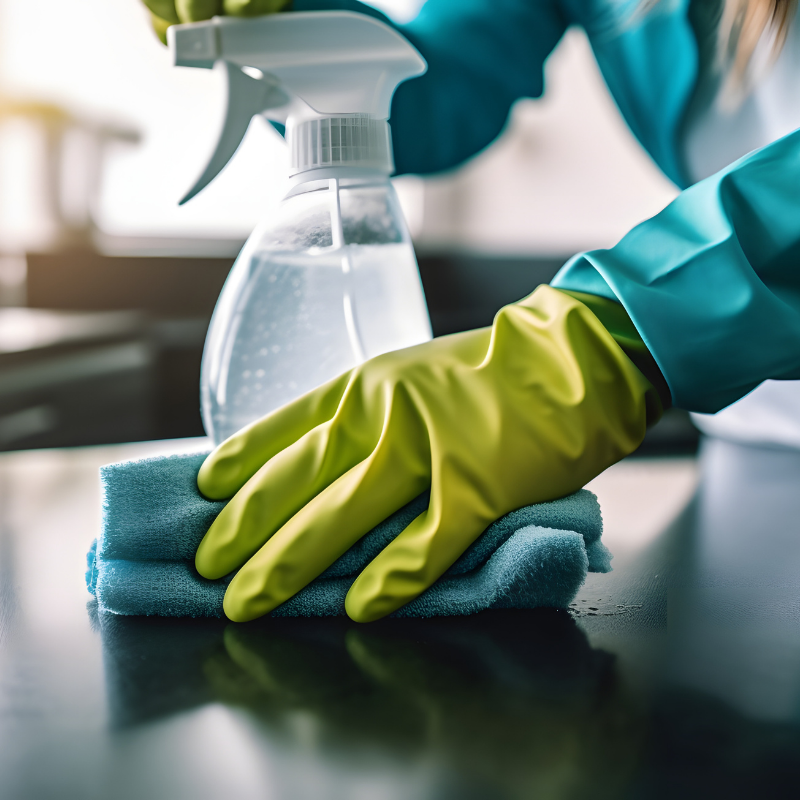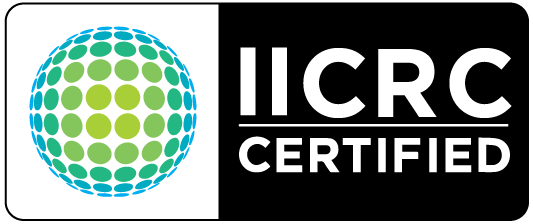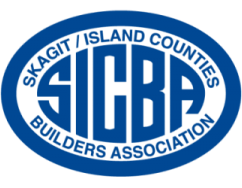Over the last several years, the importance of thorough cleaning and disinfection has become impossible to ignore. High-traffic environments such as offices, warehouses, transit vehicles, and even retail spaces are especially vulnerable to the spread of harmful pathogens. Regular janitorial work may take care of dust and dirt, but it isn’t designed to address the microscopic threats that can linger on surfaces and spread from person to person. This is where professional virus sanitation becomes crucial. It’s not just about making a building look presentable; it’s about creating a healthier space where employees, customers, and guests can feel more comfortable.
During the early 2020s, demand for large-scale virus sanitation rose sharply as businesses tried to stay ahead of potential outbreaks. Companies with hundreds of employees, massive bus fleets, and distribution centers realized that their everyday cleaning routines weren’t enough to match the pace of daily use. They turned to specialized services that could disinfect entire spaces efficiently, often overnight, with methods that went beyond traditional approaches. That period underscored the value of having professionals equipped with the right products, technology, and techniques to handle such challenges at scale.
Methods That Deliver Reliable Results
The core of professional virus sanitation lies in both the strategy and the tools. Surfaces in modern work environments are diverse—ranging from metal handrails and doorknobs to upholstery, electronics, and delicate equipment—and each requires careful attention. Generic sprays or wipes aren’t sufficient for comprehensive coverage. Specialized systems designed to disperse disinfectants evenly across wide areas can treat rooms, vehicles, or facilities quickly without overlooking difficult-to-reach spots.
One effective solution many services rely on is ProKure, an eco-conscious cleaning agent developed to break down organic threats at the molecular level. Unlike harsh chemical cleaners, it can be applied through custom-fitted dispersal equipment that ensures consistent application across large surfaces in record time. This combination of product and process is what allows sanitation crews to treat expansive spaces, like warehouses or mailrooms, within just a few hours. Efficiency becomes vital when a facility can’t afford to shut down for extended periods.
Experience plays just as important a role as equipment. Trained technicians know how to navigate complex spaces, coordinate sanitation across multiple floors, and minimize disruption for the people who use those spaces the next day. Over time, teams that handled everything from office towers to industrial vehicle fleets have refined techniques that balance thoroughness with speed, ensuring critical spaces are back in operation quickly without sacrificing effectiveness.
Why Businesses And Organizations Depend On It
For many organizations, the biggest challenge during times of heightened health concern isn’t just keeping their workforce healthy, but maintaining uninterrupted operations. A single outbreak inside a company can have ripple effects: missed deadlines, closed facilities, and shaken customer trust. Professional virus sanitation reduces those risks by lowering the likelihood of surface transmission in high-use areas.
Industries with heavy daily contact—transportation providers, manufacturers, corporate offices, and logistics firms—benefit most from consistent disinfection programs. During 2020 through 2022, many companies in these fields sought out nightly sanitation services for their vehicles, warehouses, and workplaces. This wasn’t just precautionary; it was essential to sustaining business continuity while demonstrating a clear commitment to employee and customer well-being.
The reputational aspect should not be overlooked. A clean facility sends a strong message to staff and visitors alike that leadership takes their health seriously. That peace of mind becomes a competitive advantage, particularly when clients, customers, or passengers are choosing between providers. In many ways, investment in professional sanitation is as much about trust as it is about hygiene.
A System Refined By Real-World Demands
Unlike many industries that rely on occasional upgrades, virus sanitation services evolved rapidly under pressing circumstances. What emerged is a system built on real-world demand: nightly cleaning of massive transportation fleets, round-the-clock work in high-volume logistics centers, and the treatment of office complexes that couldn’t spare extended downtime. The lessons learned in those years led to streamlined methods that balance speed, consistency, and thoroughness.
That history of large-scale application means the systems in place today are well beyond experimental. The combination of ProKure solutions, advanced dispersal technology, and field-tested strategies ensures that even vast or intricate environments can be treated within hours. The adaptability of these methods means they can serve anything from a school campus to a shipping hub without compromising the quality of the result.
What distinguishes professional sanitation from ad-hoc cleaning is the ability to scale. A small office might only require a few rooms treated, while a bus depot could involve hundreds of vehicles in a single night. Having proven methods that can stretch from one extreme to the other makes the service indispensable to organizations of every size.
Virus sanitation isn’t just another cleaning task; it’s a specialized service designed to keep workplaces, public areas, and transportation networks operating with fewer interruptions and greater peace of mind. The systems used today were refined through years of real-world application in demanding environments where efficiency and thoroughness were non-negotiable. If your organization is looking to protect its people and sustain operations, contact Cleaner Guys today to learn more or to schedule a professional service tailored to your facility’s needs.
Frequently Asked Questions About Virus Sanitation
Q1. How Is Professional Virus Sanitation Different From Regular Cleaning?
A1. Regular cleaning focuses on removing dust, dirt, and visible mess, while professional virus sanitation targets the microscopic pathogens that standard methods aren’t made to take care of. Specialized equipment disperses disinfectant evenly across large or hard-to-reach areas, creating a level of coverage that basic wipes and sprays can’t provide. This process is particularly useful for environments with heavy daily use, where reducing the risk of surface contamination is critical.
Q2. What Types Of Places Benefit Most From This Service?
A2. Any space where people gather in significant numbers can benefit, but it’s especially valuable for facilities with constant turnover of staff or visitors. Transit fleets, corporate offices, manufacturing sites, distribution centers, and schools are all prime candidates. These settings often face unique challenges due to frequent contact with shared surfaces, and specialized sanitation services help limit potential disruptions by maintaining a cleaner environment.
Q3. How Long Does The Process Take, And Will It Interrupt Operations?
A3. The timeframe depends on the size and complexity of the facility, but advanced dispersal systems allow technicians to cover very large areas in a surprisingly short period. Entire buildings, vehicle fleets, or warehouses can often be treated in just a few hours, making overnight or off-hours service possible. This approach minimizes downtime and ensures that the facility is ready for use the following day without major interruptions.



